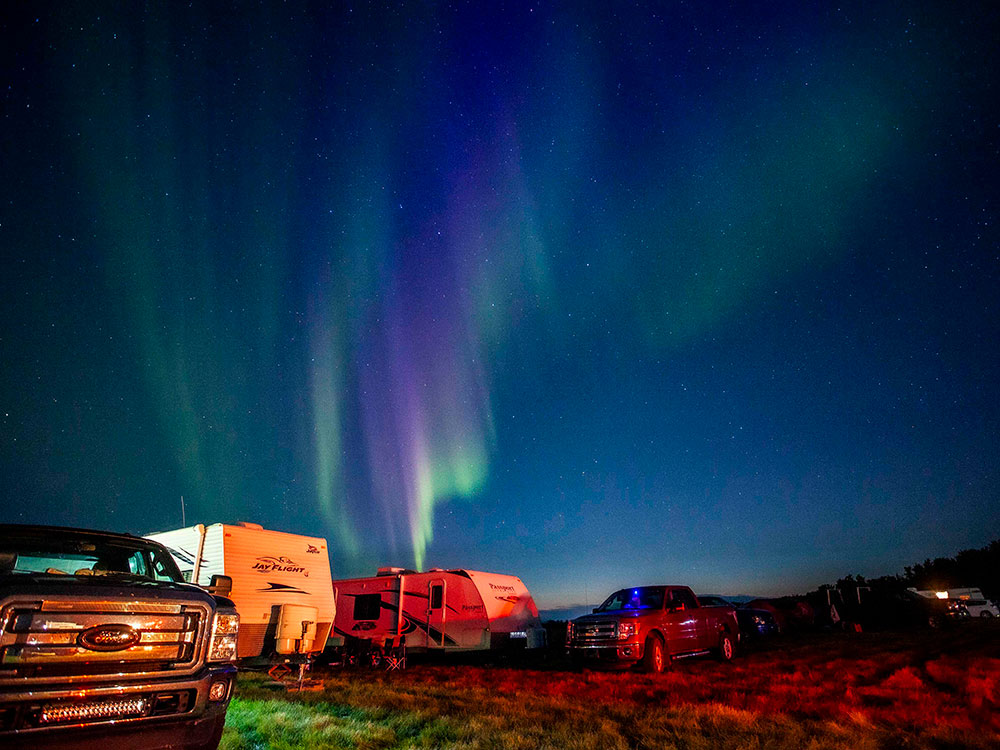The devastating wildfire that destroyed the historic Maui town of Lahaina in Hawaii was still making headlines when the Northwest Territories issued an evacuation order for Yellowknife and British Columbia declared a provincewide state of emergency.
All 22,000 residents of Yellowknife were evacuated in advance of a wall of flame from out-of-control wildfires converging on the capital city. This isn’t the first time an entire Canadian town has been cleared.
In May 2016, all 90,000 residents of Fort McMurray, Alberta, were evacuated shortly before wildfires engulfed 2,400 homes and businesses with a total cost of more than $4 billion.
In 2017 in British Columbia, the wildfire season led to the evacuation of more than 65,000 residents across numerous communities, costing $130 million in insured damages and $568 million in firefighting costs.
Let’s not forget the June 2021 heat dome resulting in temperature records being broken across B.C. three days in a row. The heat wave culminated in the village of Lytton recording 49.6 C on June 29, the hottest temperature ever observed anywhere in Canada and breaking the previous record by five degrees. The next day, wildfires engulfed Lytton, destroying more than 90 per cent of the town.
The long hot summer
The summer of 2023 is one for the record books. June and July were the warmest months ever recorded, and extreme temperature records were broken around the world.
By mid-July, Canada had already recorded the worst forest fire season on record. And British Columbia broke its previous 2018 record for worst recorded forest fire season. With weeks to go in the 2023 forest fire season, more than six times the 10-year average area has already been consumed by wildfires.
And yet, this pales in comparison to what we can expect in the years ahead from ongoing global warming arising from greenhouse gas emissions released through the combustion of fossil fuels.
This year’s fire season record will be broken in the near future as warming continues. And once again, it’s not as if what’s happening is a surprise.
Almost 20 years ago, my colleagues and I showed that there already was a detectable human influence on the observed increasing area burned from Canadian wildfires.
“The area burned by forest fires in Canada has increased over the past four decades, at the same time as summer season temperatures have warmed,” we wrote. “Here we use output from a coupled climate model to demonstrate that human emissions of greenhouse gases and sulfate aerosol have made a detectable contribution to this warming. We further show that human-induced climate change has had a detectable influence on the area burned by forest fire in Canada over recent decades.”
It appears little has been done to prepare rural Canada for what’s in store as governments deal with immediate, rather than transformational approaches to wildfire management.
This, despite the existence of the national FireSmart program designed to assist homeowners, neighbourhoods and communities decrease their vulnerability to wildfires and increase their resilience to their negative impacts.
Forest management practices including forest fire prevention, monoculture reforestation and the use of glyphosate to kill off broadleaf plant species, will all have to be reassessed from a science- and risk-based perspective.
The courts and climate change
Pressure is certainly mounting on decision-makers to become more proactive in both mitigating and preparing for the impacts of climate change.
An Aug. 14 pivotal ruling from the Montana First Judicial District Court sided with a group of youth who claimed that the State of Montana violated their right to a healthy environment.
A similar case brought by seven youth against the Ontario government after the province reduced its greenhouse gas reduction targets has also been heralded as groundbreaking.
As the number of such court cases grow, governments and corporations will need to do more to both protect their citizens from the impacts of climate change, and to aggressively decarbonize energy systems.
I wouldn’t be surprised if the Alberta government is next to be taken to court by youth after Premier Danielle Smith’s outrageous economic and environmental decision to put a moratorium on renewable energy projects.
States of emergency
While attention recently turned to the evacuation of Yellowknife, it’s sobering to remind ourselves that they are not alone. The village of Lytton, burnt to the ground just two years ago, has been put on evacuation alert as wildfires approach.
Kelowna has just declared a state of emergency as the McDougall Creek fire starts consuming homes in the region. And this, coming on the heels of the 20th anniversary of the Okanagan Mountain Park fire, when more than 27,000 people had to be evacuated and 239 Kelowna homes were lost.
Canadians will take solace as summer turns into winter and the immediacy of our 2023 wildfire situation wanes. Unfortunately, it will be Australia’s turn next to experience the burning wrath of nature in response to human-caused global warming and the 2023 El Niño.
Rather than waiting to respond reactively to the next fire season, proactive preparation is the appropriate way forward. For as the old adage states: an ounce of prevention is worth a pound of cure.![]()
![]()
Read more: Environment
















Tyee Commenting Guidelines
Comments that violate guidelines risk being deleted, and violations may result in a temporary or permanent user ban. Maintain the spirit of good conversation to stay in the discussion and be patient with moderators. Comments are reviewed regularly but not in real time.
Do:
Do not: